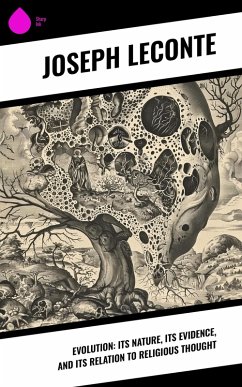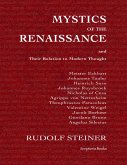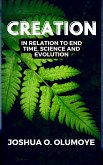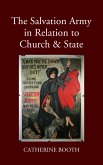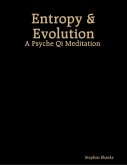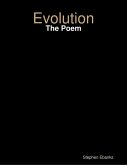In "Evolution: Its Nature, Its Evidence, and Its Relation to Religious Thought," Joseph LeConte offers a groundbreaking examination of evolutionary theory at the intersection of science and spirituality. Written in a clear and engaging style, LeConte employs rigorous scientific reasoning while weaving in philosophical and theological considerations. Through meticulous analysis, he explores the evidence supporting evolution, addressing the controversies surrounding the topic and its implications for religious belief. Set against the backdrop of the late 19th-century American context, the book emerges as a critical dialogue between burgeoning scientific inquiry and established religious thought, reflecting the era's tumultuous discussions about faith and reason. Joseph LeConte, a prominent American geologist and a member of the early evolutionist movement, was profoundly influenced by the scientific advancements of his time and the ongoing debates between science and religion. His background in both the natural sciences and philosophy provided a unique perspective that enabled him to bridge the gap between these often conflicting domains. LeConte's passion for the natural world and his commitment to intellectual integrity led him to articulate a vision of evolution that harmonizes scientific truths with spiritual understanding. LeConte's work is essential reading for anyone interested in the dialogue between science and religion, as it offers insightful perspectives on how the acceptance of evolutionary theory can coexist with faith. This book encourages readers to consider the deeper implications of evolution not only for biology but also for their personal belief systems, making it a vital contribution to both scientific literature and theological discourse.
Dieser Download kann aus rechtlichen Gründen nur mit Rechnungsadresse in A, B, BG, CY, CZ, D, DK, EW, E, FIN, F, GR, HR, H, IRL, I, LT, L, LR, M, NL, PL, P, R, S, SLO, SK ausgeliefert werden.

